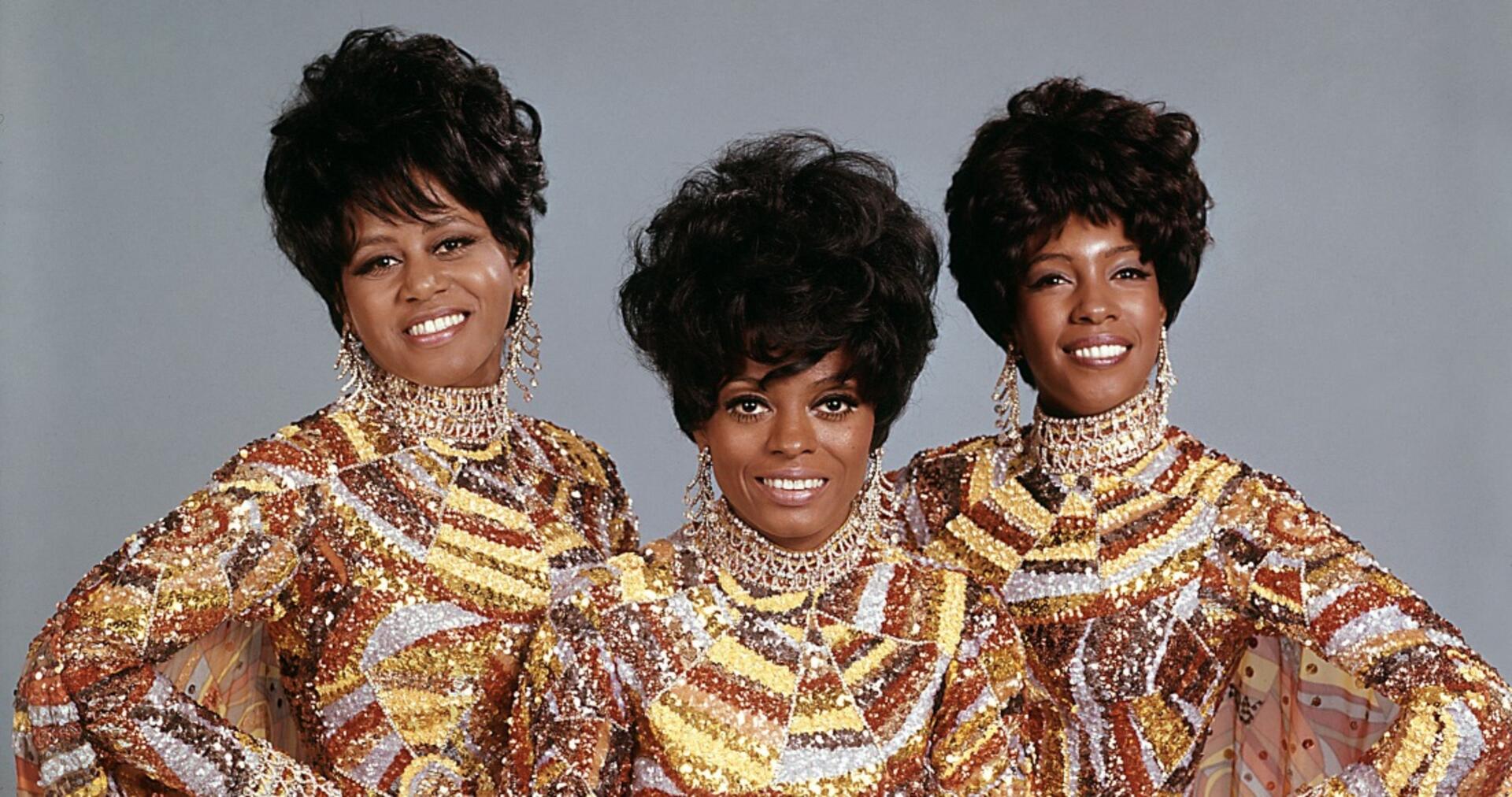The Supremes

Who is the supreme three-piece girl band? The Supremes, Motown's most successful act of the 1960s, are known for their smooth, soulful hits and impeccable harmonies. With Diana Ross as the lead vocalist, they delivered timeless classics like "Baby Love” "Stop! In the Name of Love” and "You Can't Hurry Love”. Their music significantly impacted the Motown sound and pop culture. The group disbanded in the 1970s, with Ross embarking on a stellar solo career, but their legacy endures.
The Supremes Career Highlights
1959:
Formation - The Supremes were formed in Detroit, Michigan, originally known as The Primettes, a sister group to The Primes (later The Temptations). The original lineup included Diana Ross, Mary Wilson, Florence Ballard, and Betty McGlown.
1960:
Motown Records - The Primettes signed with Motown Records and changed their name to The Supremes.
1962:
First Single - Released their first single "I Want a Guy” which did not achieve significant success.
1964:
Breakthrough Hit - Released "Where Did Our Love Go” which became their first number one hit on the Billboard Hot 100.
1965:
Chart Dominance - Released multiple hits including "Stop! In the Name of Love" and "Back in My Arms Again” both reaching number one.
1967:
Name Change - The group was renamed Diana Ross & The Supremes, marking a shift in focus to Diana Ross as the lead singer.
Member Changes - Florence Ballard was replaced by Cindy Birdsong.
1970:
Diana Ross Departure - Diana Ross left the group to pursue a solo career and was replaced by Jean Terrell. The group reverted to The Supremes.
1970s~
Continued Success - Released several hits including "Stoned Love" and "Nathan Jones."
1977:
Disbandment - The Supremes officially disbanded after a farewell performance in London.
The Supremes Original Lineup
Diana Ross – Lead Vocals
Mary Wilson – Vocals
Florence Ballard – Vocals
Betty McGlown – Vocals (left early)
The Supremes Later Members
Cindy Birdsong – Vocals (replaced Ballard)
Jean Terrell – Vocals (replaced Ross)
Lynda Laurence – Vocals
Scherrie Payne – Vocals
Susaye Greene – Vocals
The Supremes Grammy Awards
^
The Supremes were nominated for several Grammy Awards but did not win during their active years. However, they received the Grammy Lifetime Achievement Award in 2004.
3 Most Famous Supremes Songs
1. "Where Did Our Love Go" (1964) - This song was their first number one hit and established The Supremes as a major force in the music industry.
2. "Baby Love" (1964) - Another chart-topping hit, "Baby Love" became one of their signature songs and solidified their popularity.
3. "Stop! In the Name of Love" (1965) - Known for its catchy melody and iconic choreography, this song became an enduring classic.
The Supremes Quotes
Diana Ross
I was brought up in this group with tremendous opportunities and it helped me to grow in a lot of ways.
Mary Wilson
We were always aware that we were trailblazers, but at the time, we were just doing what we loved.
The Supremes Scandal/Gossip/Trivia
- Internal Tensions: There were well-documented tensions within the group, particularly between Diana Ross and Florence Ballard, leading to Ballard's departure.
- Diana Ross's Solo Career: Ross's departure to pursue a solo career was a significant turning point for the group and was surrounded by much media speculation.
- Florence Ballard's Struggles: Ballard faced personal and financial difficulties after leaving the group and passed away in 1976 at the age of 32.
- Cultural Impact: The Supremes broke down racial barriers, becoming one of the first African American acts to achieve mainstream success and appear on popular TV shows.
- Motown Legacy: The Supremes' success helped establish Motown Records as a dominant force in the music industry.
The Supremes ratings
